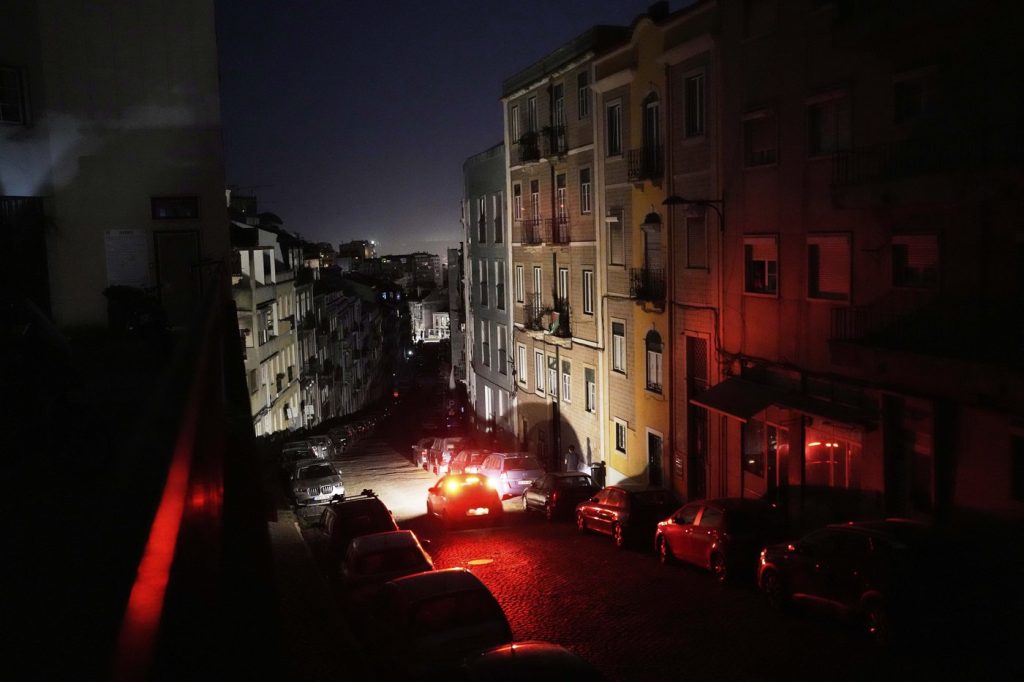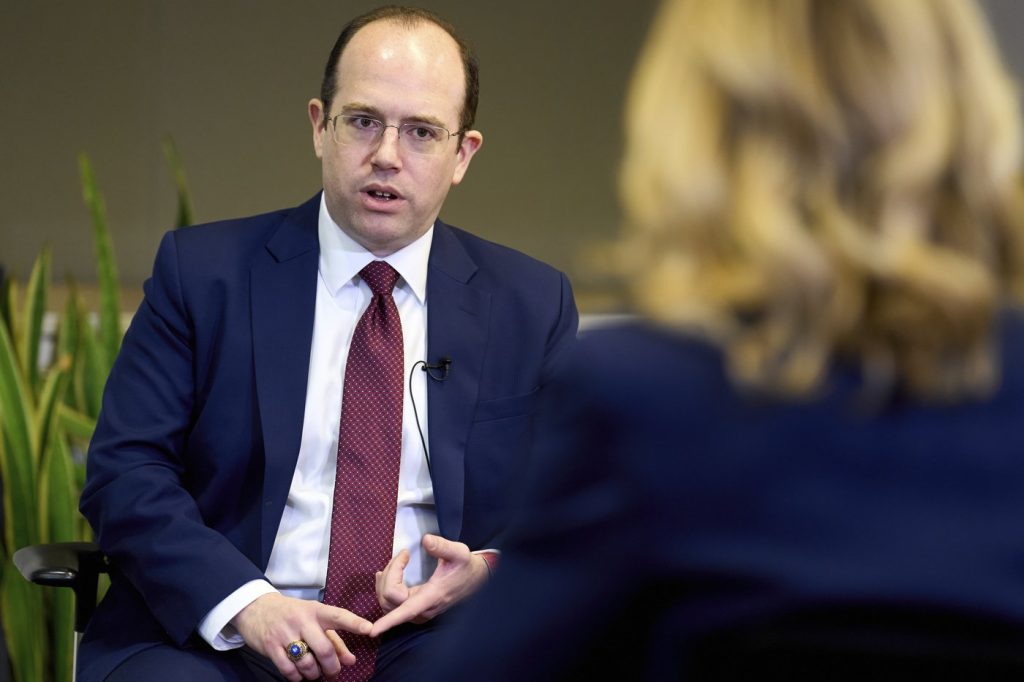BARCELONA, Spain (AP) – An unprecedented blackout struck much of Spain and Portugal on Monday, bringing daily life to a standstill. Thousands of train passengers were stranded, while millions found themselves cut off from phone and internet services, along with access to cash from ATMs across the Iberian Peninsula. The sudden collapse of the power grid triggered a search for its cause, with Spanish Prime Minister Pedro Sánchez addressing the nation about the situation.
The blackout began around 12:33 p.m. on Monday, as the country’s power grid lost 15 gigawatts, which amounted to approximately 60% of its national demand within a mere five seconds. Prime Minister Sánchez noted, “We have never had a complete collapse of the system,” highlighting the severity of the situation. By early Tuesday morning, Red Eléctrica reported that Spain had restored over 92% of its power, with a commitment that the entire nation of 48 million would have electricity fully restored by the end of the day.
This blackout followed a serious power outage in Europe less than six weeks prior, coinciding with heightened concerns over potential sabotage amid ongoing geopolitical tensions. The Portuguese National Cybersecurity Center confirmed there were no initial indications of a cyber attack contributing to the outage. Teresa Ribera, Executive Vice President of the European Commission, referred to the event as “one of the most serious episodes recorded in Europe in recent times.”
The consequences of the blackout were immediate and far-reaching. In Madrid and Lisbon, workplaces shuttered, and traffic came to a halt as emergency services had to evacuate approximately 35,000 people from more than 100 stalled trains. By late evening, some passengers from 11 trains still required evacuation. In the Spanish capital, people flocked to bus stops in an effort to reach the airport, with many attempting to hitch rides as public transport failed to operate.
Hospital services switched to generators, and gas stations ceased to function, further complicating the situation for those in need. Meanwhile, many could not make phone calls due to network failures, prompting searches for battery-powered radios. With a combined population of around 60 million people across Spain and Portugal, such widespread outages are an aberration, although the Canary Islands, Balearic Islands, and the enclaves of Ceuta and Melilla remained unaffected.
Emergency meetings were convened in both governments. In Portugal, Prime Minister Luis Montenegro spoke with Sánchez and anticipated power restoration by the end of the day. Meanwhile, electricity was being sourced from Morocco and France to help restore power in southern and northern Spain. Additional efforts included ramping up production from hydroelectric and combined cycle thermal power plants.
Airports in Spain operated on backup systems as flights experienced delays. In Lisbon, passengers at terminals waited anxiously for updates amid the disruptions. Secondary impacts included the cancellation of activities such as matches at the Madrid Open tennis tournament, which was forced to suspend play due to the outage.
Despite the chaos, some individuals took advantage of the disconnection, enjoying outdoor spaces like parks and terraces in good weather. “We are lucky. Some people got trapped in the metro. And there is a positive side: We are talking more with each other,” noted Barcelona resident Monste Cortés. As the hours passed, concerns grew for those unable to contact loved ones, with reports of increased police presence in Portugal to assist those in distress, including those trapped in elevators.
In conclusion, the widespread and historic blackout witnessed across Spain and Portugal on Monday reflects significant vulnerabilities within critical infrastructure, compelling both nations to rethink their preparedness and response strategies to such unprecedented events. As authorities continue their investigation into the cause, the effects of the outage will undoubtedly resonate for days to come.












